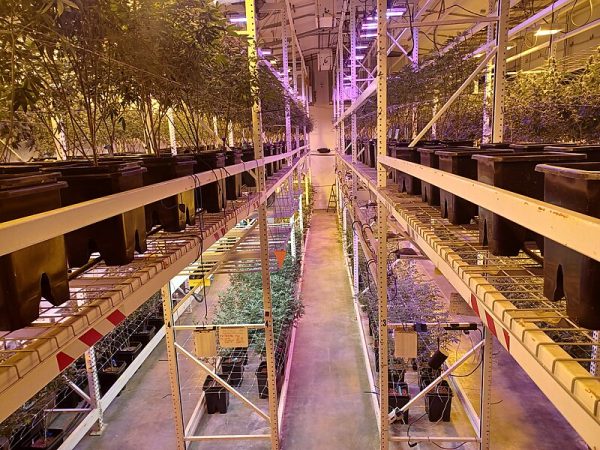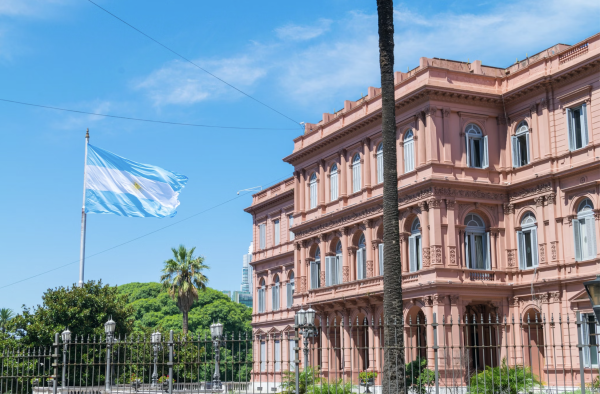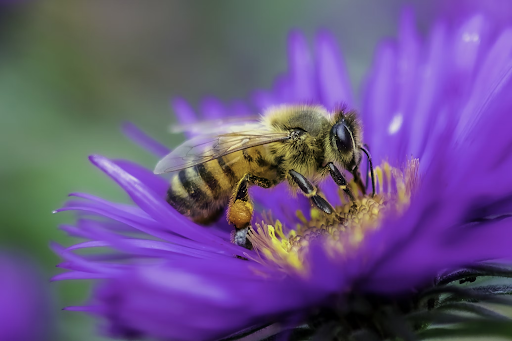The Man-Made Fires Choking Indonesia
One of the world’s most bio-diverse ecosystems is being set aflame to clear land for palm oil plantations.
Anthony Lim ’21, whose parents’ hometowns are affected by the forest fires, believes “more attention could definitely help find a better solution for this situation.”
The Amazon isn’t the only forest being burned to the ground at this very moment. On the other side of the world, in Indonesia’s tropical forests, home to 10% of the world’s species of reptiles, birds, and mammals, palm oil plantation owners are actively setting fire to the landscape to clear land for agricultural expansion.
These fires are an annual occurrence, but drier weather conditions in recent years have increased the tendency of these fires to spiral out of control, with less moisture in the atmosphere to fight them. Besides destroying wildlife habitats, these fires have burned over 10,000 miles of land, and have caused the deaths of many smaller farmers whose land the fires have spread onto. It has caused schools to close, flights in and out of the country to be cancelled, and thousands of reports of acute respiratory problems. The large amount of smoke has also caused pollution levels, measured by the Air Quality Index, to skyrocket. Not only are hazardous readings showing up in Indonesia, but neighboring countries such as Malaysia and Singapore are seeing readings of up to 270 micrograms of matter per cubic meter of air, 220 micrograms more than what is deemed healthy.
As a response to the situation, Malaysian authorities have sent millions of masks to students in affected areas to protect them against pollution. Indonesian authorities have also taken steps to try to combat what is happening, with regulations stating that people found guilty of setting fires can be fined up to 10 billion rupiah ($700,000), while managers of firms responsible for the burning can face up to ten years in jail. They’ve also arrested more than 185 people suspected of setting fires to clear land, and even tried deploying water bombing operations and using cloud seeding to create artificial rain.
This is in stark contrast to Brazil, where the government has continually encouraged farmers to burn down parts of the Amazon. There has also been significantly less coverage in the news about the Indonesian forest fire situation, despite it growing worse over the past few years, and many people are still much less aware of the situation in Indonesia compared to Brazil.
“I barely knew about it. The only reason that I knew anything about it at all was because of my parents, whose home country is Malaysia,” said Anthony Lim, ’21.
Besides Singapore and Malaysia, other countries affected by the Indonesian forest fires include their largest trade partners, specifically China. In recent years, China has steadily increased their demand of palm oil products, resulting in plantation owners needing more land to grow more supply, and turning to dangerous and illegal measures such as the large scale slash and burn agriculture that is causing so many fires. This method lets them clear land and use it very fast, which is the main reason why Indonesian palm oil plantation owners and corporations have been using it for years despite the visible consequences towards the environment and citizens.
The exorbitant amounts of carbon dioxide released by these fires are increasing the already large amount of greenhouse gases in the atmosphere and taking away land vital to the survival of some of the world’s most interesting animals. Homes of endangered species such as orangutans, Sumatran elephants, and Sumatran tigers are threatened daily, and nearly half of Indonesia’s forests have been demolished in the last half century.
“Unless a large scale change in the way these products are being produced occurs soon, the world could be seeing an end to Indonesia’s complex and bio-diverse forest ecosystem,” said Loretta Eng, ’22.
Additionally, palm oil can be produced in a sustainable manner, but conventional methods are far from that. “Unless a large scale change in the way these products are being produced occurs soon, the world could be seeing an end to Indonesia’s complex and bio-diverse forest ecosystem,” said Loretta Eng, ’22.
With such devastating effects on the environment, animals, and citizens alike at stake, it is no wonder why the Indonesian government is taking multi-faceted measures to change the status quo. Will their efforts be enough? And if similar circumstances to the ones in Brazil and Indonesia continue to occur, what will life on earth look like in a few more generations?
Anna Ye is a Copy Chief for ‘The Science Survey.’ Journalistic writing appeals to her because it allows people to express their voice and ideas, as...











